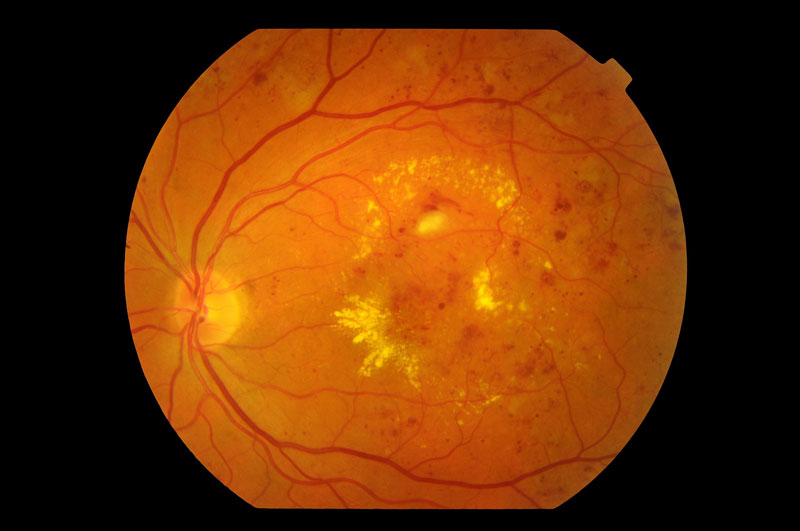
Neuro-ophthalmology is the subspecialty of both neurology and ophthalmology concerning visual problems that are related to the nervous system.
Some commonly seen diseases that a neuro-ophthalmologist may see include optic neuritis, optic neuropathy, papilledema, ocular myasthenia gravis, brain tumors or stroke affecting vision, idiopathic intracranial hypertension, unexplained visual loss, headaches, diplopia, blepharospasm or hemifacial spasm. Some surgical neuro-ophthalmologist may treat strabismus and perform eye muscle surgeries or optic nerve fenestration surgery for the treatment of idiopathic intracranial hypertension (pseudotumor cerebri). Other neuro-ophthalmologist may treat blephrospam or hemifacial spasm using botulinum toxin injections. Neuro-ophthalmologists are medical doctors who initially specialize in either neurology, ophthalmology, or both, then do subspecialty training, through fellowships, in the complementary field. They are usually full-time faculty at large university-based medical centers, where they also do research and teach but may be engaged in private practice. Their referrals may come from neurologists, ophthalmologists, endocrinologists, neurosurgeons and cardiologists. Neuro-ophthalmologists typically attend to diseases of the afferent visual system (most often involving the optic nerve), the efferent visual system (that controls eye movements), or the pupillary reflexes.
